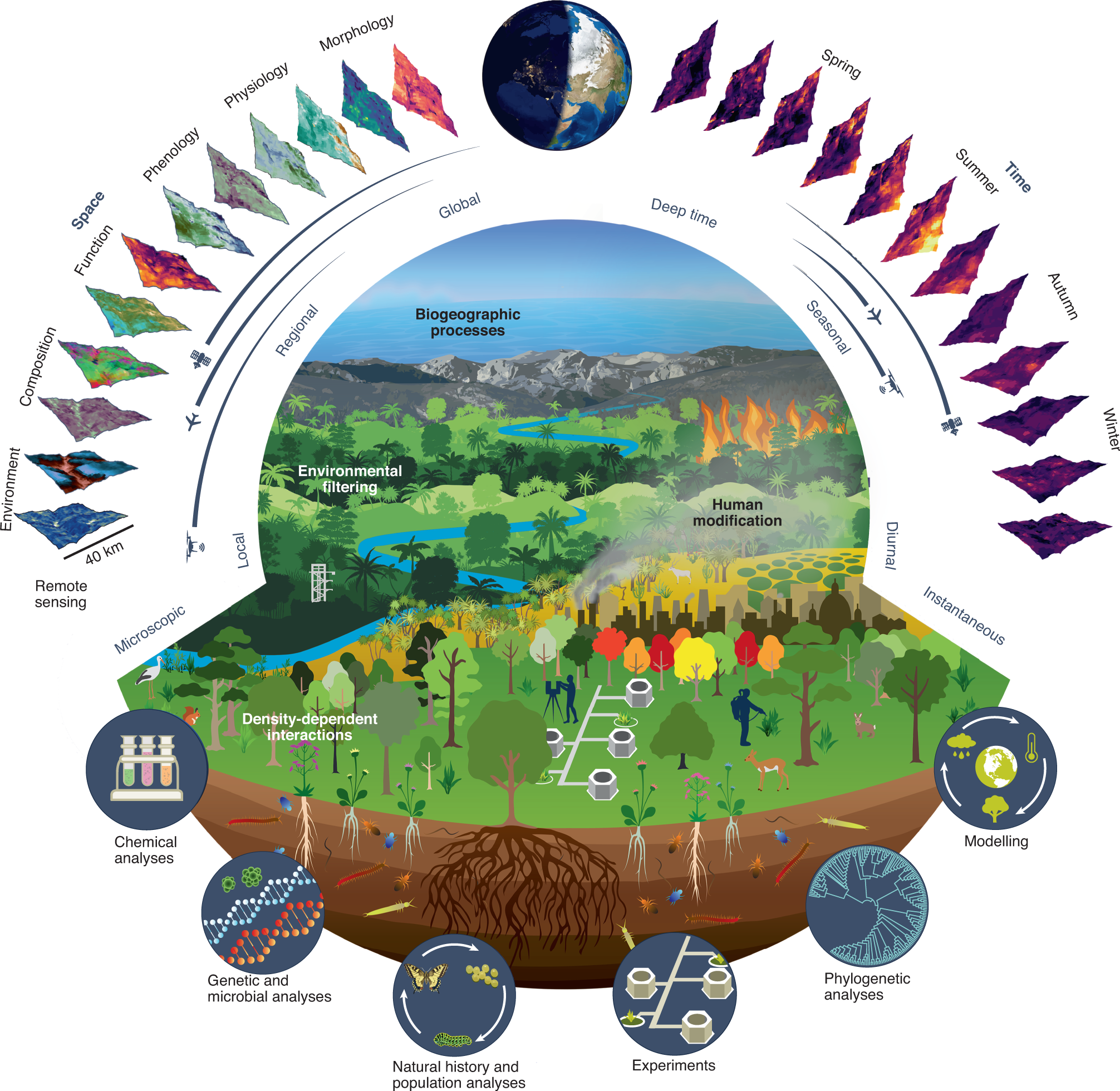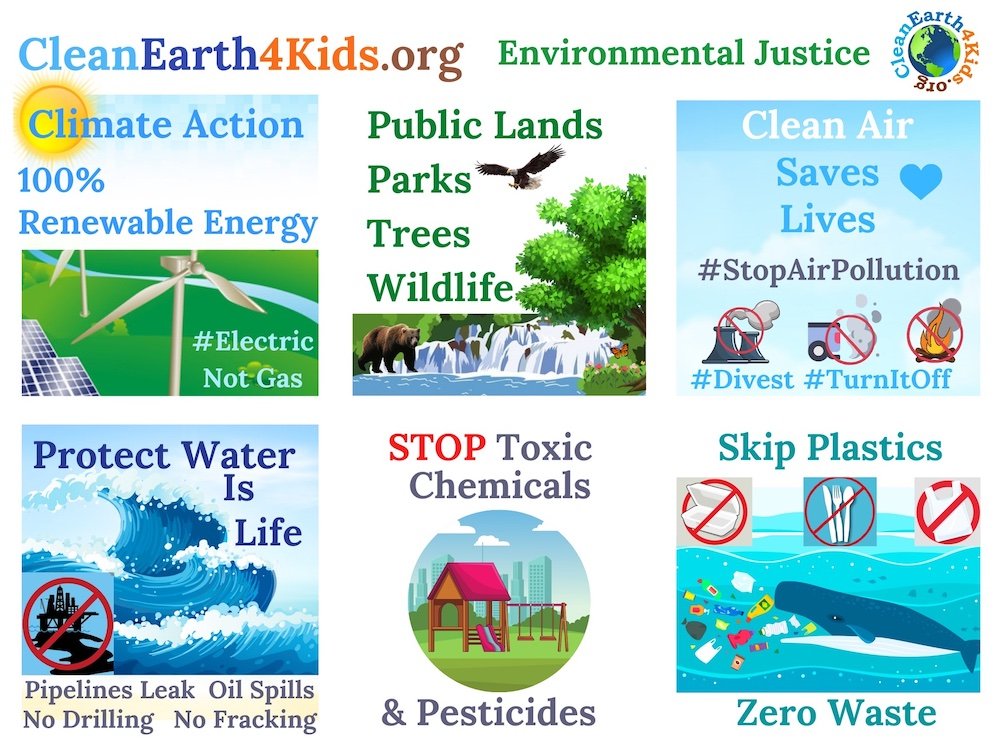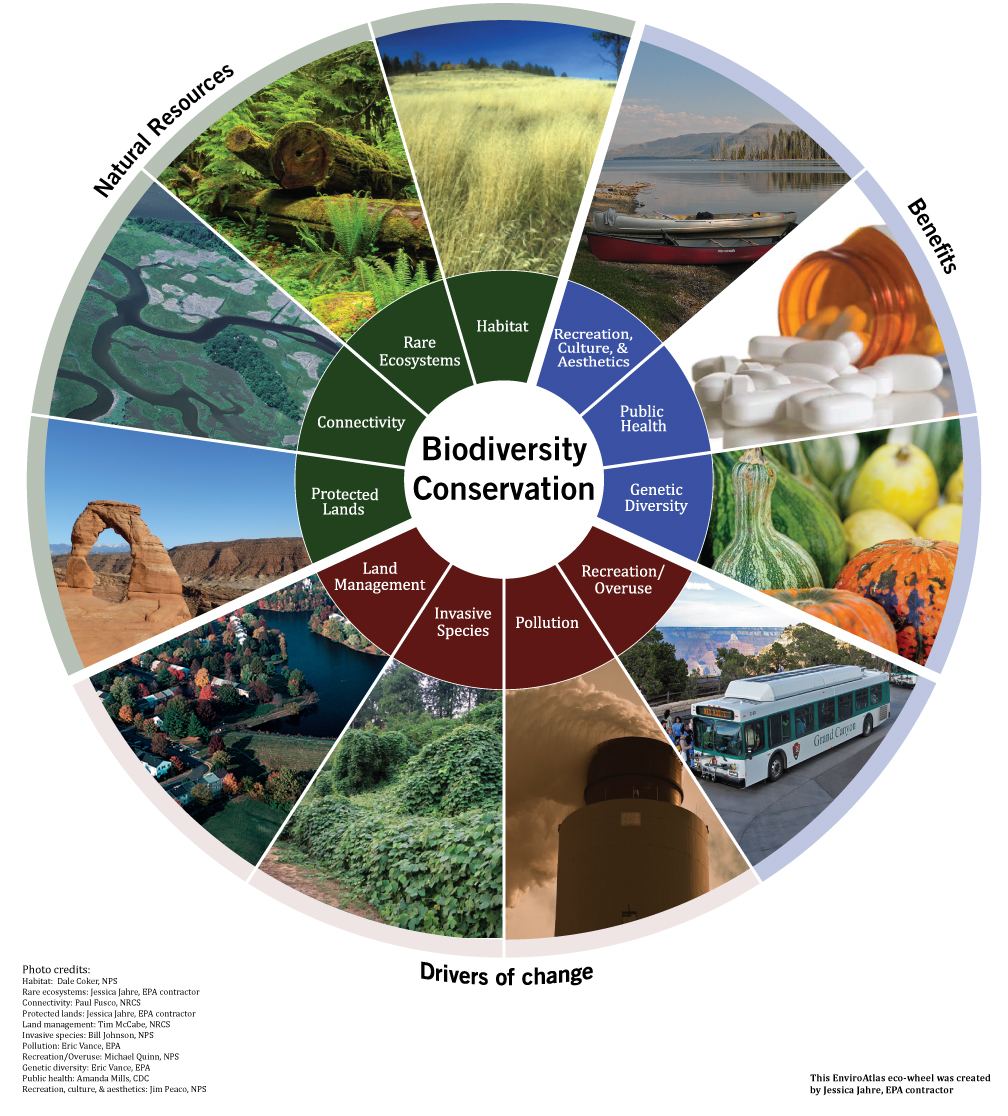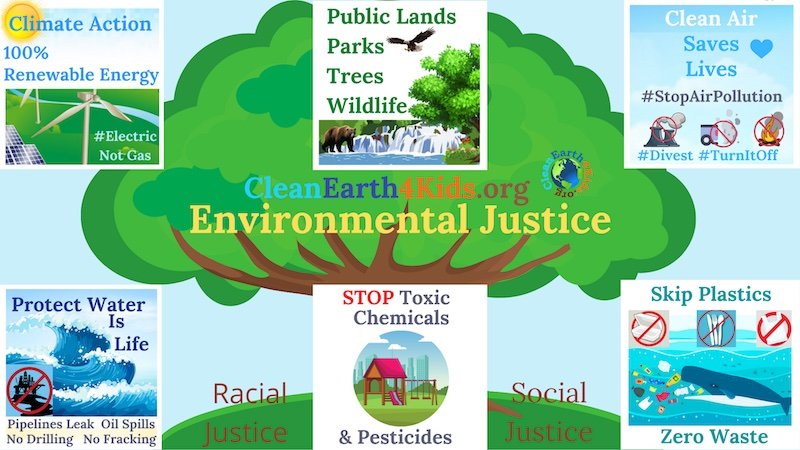Biodiversity refers to the variety of life on earth—including all living organisms, and their relationships with each other and their environment. The importance of biodiversity for a sustainable environment cannot be overstated. In this blog post, we’ll explore why biodiversity is so crucial and how it contributes to the long-term health of our planet.
1. Biodiversity supports ecosystem services
Ecosystem services are the benefits that humans receive from natural ecosystems, such as water purification, pollination, and climate regulation. Biodiversity is essential to these services, as each species contributes in unique ways to the functioning of ecosystems. For example, bees and other insects pollinate crops and wild plants, enabling them to reproduce, while trees and vegetation absorb carbon dioxide from the atmosphere, helping to mitigate climate change.
2. Biodiversity provides resources for human use
Biodiversity also provides a vast array of resources that humans use, from food and medicine to building materials and clothing. Many of the world’s most important crops—including wheat, rice, and potatoes—have wild relatives that contribute to their genetic diversity, providing resistance to pests and diseases. Similarly, many pharmaceutical drugs are derived from plant and animal sources, and traditional medicines in many cultures rely on biodiversity.
3. Biodiversity contributes to cultural and aesthetic values
Biodiversity is not just essential for practical purposes—it also contributes to cultural and aesthetic values. Many people value the opportunity to observe and learn about different species in their natural habitats, and enjoy activities such as birdwatching and hiking. Additionally, biodiversity is essential to the cultural identity of many indigenous peoples, who have deep knowledge about the relationships between their communities and the natural world.
4. Biodiversity is threatened by human activities
Unfortunately, biodiversity is currently under threat from a range of human activities, including habitat destruction, pollution, overfishing, and climate change. Many species are at risk of extinction, with potentially devastating consequences for ecosystem functioning and human well-being. It’s essential that we take action to protect and restore biodiversity, both for its inherent value and for the benefits it provides to humans and the planet as a whole.
In conclusion, biodiversity is crucial for a sustainable environment, providing essential ecosystem services, resources for human use, cultural and aesthetic values, and more. If we want to ensure a healthy and prosperous future for ourselves and future generations, we must make protecting and restoring biodiversity a top priority. By doing so, we can support the long-term health of our planet and all the living things that call it home.











